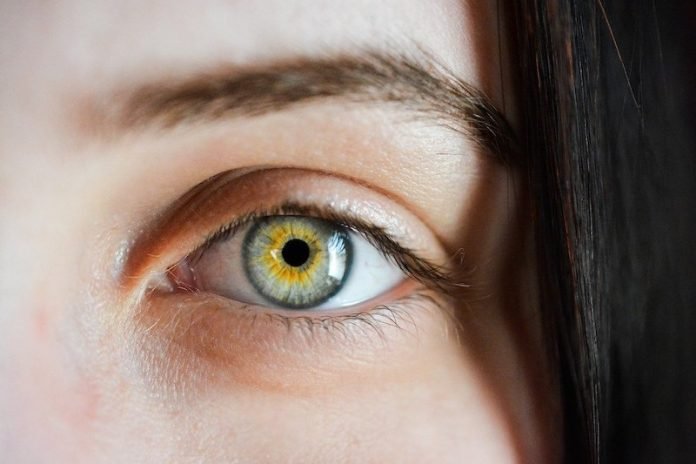
In a new study from the University of Toronto, researchers developed a new biologic therapy that has the potential to reverse a common complication of diabetes.
They developed a synthetic antibody as a promising treatment for diabetic retinopathy, which causes blindness and affects about 30% of diabetes patients.
The finding gives new hope for the treatment of eye diseases like diabetic retinopathy and macular degeneration.
The researchers are experts in the Wnt cell signaling pathway, which is crucial for the formation and maintenance of the blood-retina barrier, a physiological barrier that prevents molecules from entering the retina.
When the signaling pathway is disrupted—which can occur because of genetic mutations in rare eye conditions such as Norrie disease, or when tissue oxygen is low, as in diabetic retinopathy—the blood vessels can become leaky, causing damage in the eye.
In the study, the team showed one antibody could successfully stimulate Wnt signaling in the blood-retina barrier and effectively restored barrier function.
The team first tested the antibody in cell cultures and found that it was a highly precise way to trigger the signaling pathway and restore barrier function.
They then tested the antibody in different mouse models. One model represented a genetic eye condition and one represented diabetic retinopathy.
Remarkably, the antibody restored the barrier function and corrected retinal blood vessel formation in these mice.
In addition, it normalized the pathological formation of new blood vessels, one of the consequences of a leaky blood-retina barrier that causes further eye damage.
With the antibody’s promising preclinical results, the team will lead the commercialization and translation to clinical studies.
While the current study’s results are focused on eye conditions, the similarities between the blood-retina barrier and blood-brain barrier mean that its applications could be much broader than eye conditions.
If you care about diabetes and your health, please read studies about diabetes may raise risk of this dangerous health issue in older people and findings of this thing can drive serious diabetes complications.
For more information about diabetes prevention and treatment, please see recent studies about people with type 2 diabetes can eat potatoes and results showing that this diet may lower diabetes risk by 30%.
The study is published in EMBO Molecular Medicine. One author of the study is Stéphane Angers.
Copyright © 2021 Knowridge Science Report. All rights reserved.



